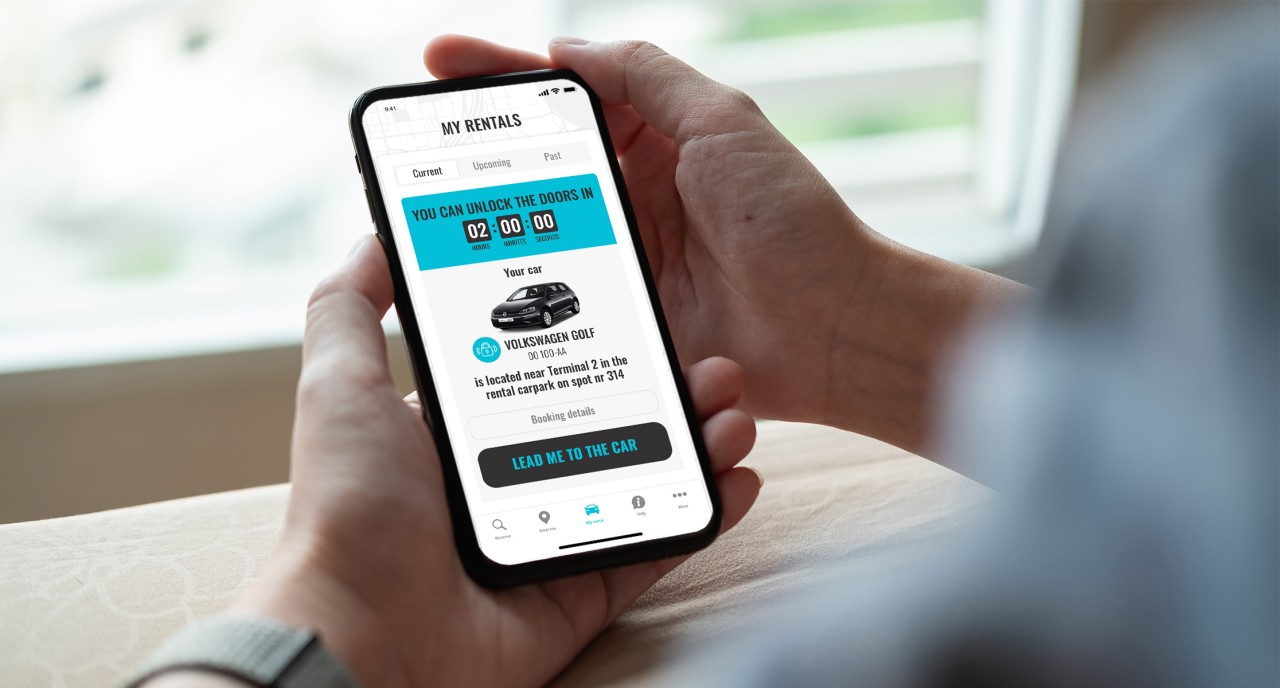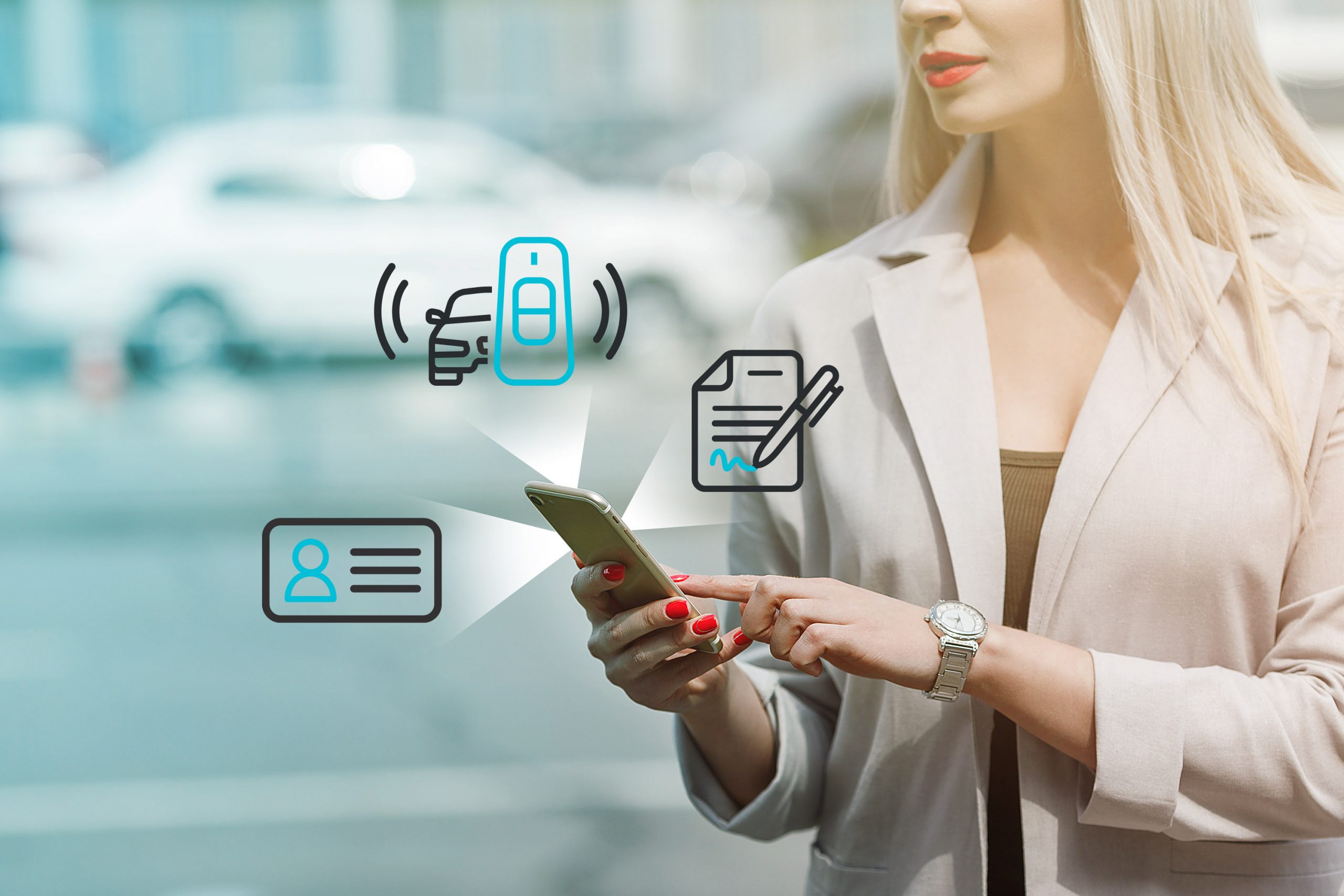In-car payment system (ICPS) enables paying for goods and services on a car dashboard. This type of systems operate using a wireless connection, such as long-range radio frequency, or Bluetooth Low Energy. The driver or passenger can activate a payment using voice or touchscreen commands.
The most common use cases for ICPS are fuel, road tolls and parking, but also food and coffee. Making purchases directly from connected appliances is gaining more ground. Therefore, automotive manufacturers are working on new ways for responding to the market demand.
The preface for developing in-car payment systems is considered to be the Fill Up & Go mobile payment service by Shell. It was launched in 2015 in the UK as a response to the customers’ need to pay for fuel faster – on their smartphones. Although it is not actually an ICPS, it did demonstrate that it has a great business perspective. In 2017, Jaguar and Shell introduced the first in-car payment system. Using the payment app, Jaguar drivers can pay for fuel in Shell service stations via their car’s touchscreen. After a successful payment, the customer will get an electronic receipt to their email address.
ICPS as a cross-sectoral product
Since the launch of the first ICPS, several automotive companies (Chevrolet, Hyundai, Honda, etc), credit card networks (Mastercard, Visa) and other stakeholders have presented different connected car payment solutions. One of the most important forces shifting this evolving industry could be establishing strategic partnerships. For example, in 2019, Visa and SiriusXM joined forces to offer SiriusXM e-wallet to manufacturers who deploy SiriusXM’s connected vehicle services. This solution lets drivers and passengers make payments using their Visa account directly on the car head unit.
The critique of in-car payment services mostly concerns safety as every detail that might take the driver’s mind off the road, increases accident risk. However, the advantages of ICPS seem to outweigh the disadvantages as consumer behaviour is shifting towards normalizing IoT in different areas of life, including mobility. With the development of autonomous vehicles, there are new use cases emerging for the ICPS. This means more challenges for all parties who shape the future of mobility.


